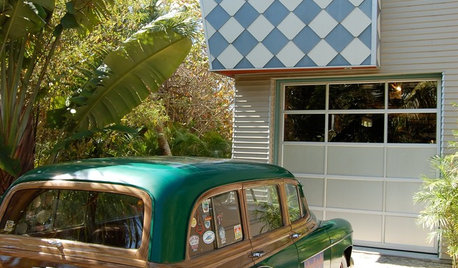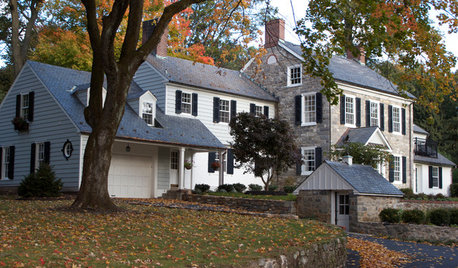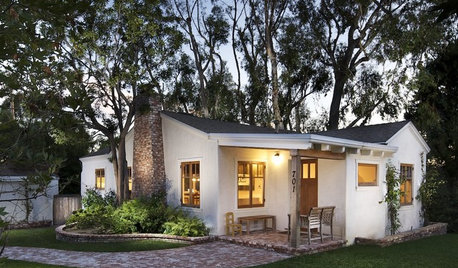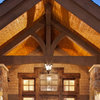Electrical short caused a fire here
baymee
12 years ago
Related Stories

MOVINGRelocating? Here’s How to Make the Big Move Better
Moving guide, Part 1: How to organize your stuff and your life for an easier household move
Full Story
KITCHEN CABINETSChoosing New Cabinets? Here’s What to Know Before You Shop
Get the scoop on kitchen and bathroom cabinet materials and construction methods to understand your options
Full Story
KITCHEN DESIGNSurvey Results: Kitchen Trends That Seem Here to Stay
More than a third of respondents in Houzz’s annual kitchen trends report now have the means to remodel. Here’s what else they told us
Full Story
HOMES AROUND THE WORLDThe Kitchen of Tomorrow Is Already Here
A new Houzz survey reveals global kitchen trends with staying power
Full Story
MOST POPULARIs Open-Plan Living a Fad, or Here to Stay?
Architects, designers and Houzzers around the world have their say on this trend and predict how our homes might evolve
Full Story
KITCHEN STORAGEMove Over, Soup Cans — the Kitchen Appliances Are Here
Design a pantry with room for mixers, coffeemakers and more, for less countertop clutter and handy access
Full Story
HOUSEKEEPINGIt’s Time to Clean Your Gutters — Here’s How
Follow these steps to care for your gutters so they can continue to protect your house
Full Story
MOVING5 Risks in Buying a Short-Sale Home — and How to Handle Them
Don’t let the lure of a great deal blind you to the hidden costs and issues in snagging a short-sale property
Full Story
HOME TECHHere Come the Home Robots — for Real
This is the droid you're looking for. Humanoid servants are poised to finally be of service around the home
Full Story
HOME TECHHere's a Bright Idea: Smart Bulbs for Better Lighting
Lightbulbs that can change brightness and color with a cell phone command show flashes of design brilliance
Full StoryMore Discussions








bus_driver
Billl
Related Professionals
Delhi Electricians · Fredonia General Contractors · Fremont General Contractors · Leominster General Contractors · Palestine General Contractors · Van Buren General Contractors · Waxahachie General Contractors · Brentwood Los Angeles Solar Energy Systems · Half Moon Bay Solar Energy Systems · Imperial Beach Solar Energy Systems · La Mirada Solar Energy Systems · Riverside Solar Energy Systems · Swansea Solar Energy Systems · Medford Home Automation & Home Media · Sugar Hill Home Automation & Home MediabaymeeOriginal Author
bus_driver
brickeyee
baymeeOriginal Author
newjerseybt
Ron Natalie
brickeyee
baymeeOriginal Author
newjerseybt
Ron Natalie
ionized_gw
brickeyee
baymeeOriginal Author
brickeyee
baymeeOriginal Author
brickeyee
spencer_electrician
baymeeOriginal Author
brickeyee
baymeeOriginal Author
Ron Natalie
brickeyee
baymeeOriginal Author